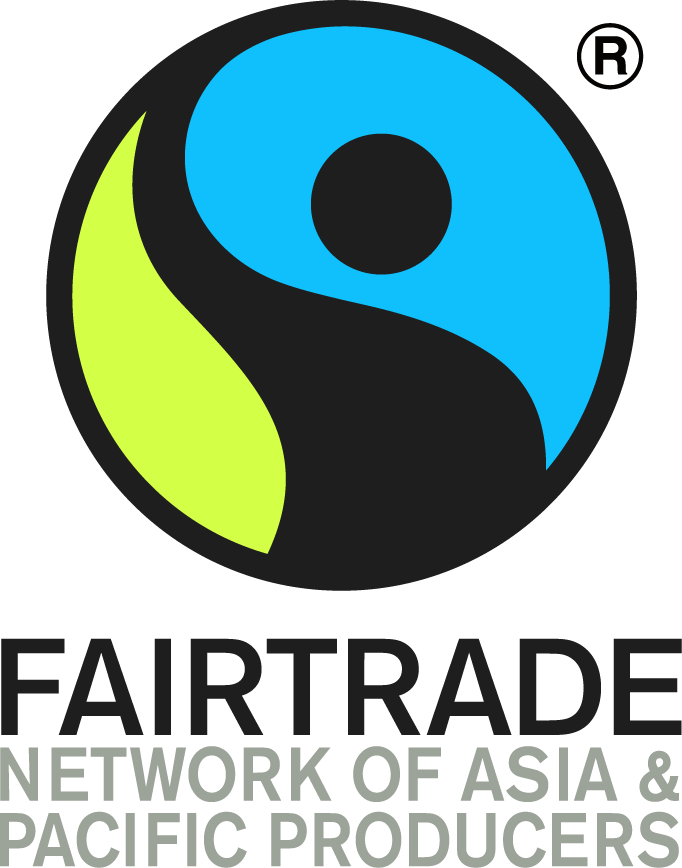Sugar
Fairtrade cane sugar from India, Fiji, Thailand, and the Philippines delivers more than just sweetness. It ensures that sugarcane farmers and their families receive fair wages, better working conditions, and the means to improve their communities.


Asia, fuels nearly 40% of the world's sweet cravings, producing around 76 million metric tons of sugar annually. From India’s sprawling fields, yielding over 35 million metric tons, to Thailand’s sun-soaked plantations, driving global exports with 10 million metric tons, the region hums with the energy of sugarcane. Countries like Fiji and the Philippines also contribute significantly, with Fiji’s sugar industry producing around 200,000 metric tons annually, vital to its economy, and the Philippines yielding approximately 2 million metric tons, focusing increasingly on sustainable practices.
Sustainable production trends are gaining momentum across the region. In 2022, around 12-15% of Asia's sugarcane production came from certified sustainable sources, with water conservation, soil management, and reduced pesticide use being prioritized. India, in particular, has seen a rise in sustainable cane farming methods, while Thailand has been a global leader in promoting eco-friendly production. Although still in its nascent stages, organic sugar production is growing, driven by consumer demand for greener products, especially from niche markets in Thailand and the Philippines.
Data Sources:
- International Sugar Organization (ISO), 2023
- FAO Statistics Database (FAOSTAT), 2022
A SWEET SOLUTION TO A SUSTAINABLE FUTURE!
Fairtrade Sugar Production and Sale


Overview of Sugar Producers


Current challenges
The sugar industry, a cornerstone of global agriculture, grapples with a myriad of challenges that impact both the environment and the well-being of those involved in its production.
- Climate Change Impact: The spectre of climate change looms large over the sugar industry. Changing weather patterns, increased frequency of extreme events, and rising temperatures pose significant threats to sugarcane crops. Unpredictable rainfall patterns and prolonged droughts can disrupt cultivation, impacting yields and putting the livelihoods of sugar farmers at risk.
- Labour conditions and exploitation: Many sugarcane workers face long working hours, exposure to harmful agrochemicals, and, in some cases, substandard living conditions.
- Volatile Prices and economic instability: The sugar market is notorious for its price volatility, impacting the economic stability of both smallholder farmers and larger producers. Fluctuations in global sugar prices can lead to unpredictable income for farmers, making it challenging to plan for the future.


WHY CHOOSE FAIRTRADE SUGAR?
Fairtrade sugar is not just about sweetness on the palate but also sweetens the lives of farmers by ensuring fair prices, stable contracts, and support for sustainable farming.
- Better labour conditions: In addition to sturdy Fairtrade standards, we have the global Fairtrade Better Labour Practices programme (BLP) for Fairtrade sugar cooperatives in areas with a high risk of human rights violations and significant risks to vulnerable individuals.
- Decent livelihoods: Unlike other Fairtrade products, there is no Fairtrade Minimum Price cane for sugar because price-setting mechanisms are highly complex and often distorted. In many countries, farmer organisations benefit from revenue-sharing systems with the sugar mills and exporters that process their sugar cane into various types of sugar. In addition, small-scale farmers benefit from a Fairtrade Premium of US$60 per tonne of sugar, and US$80 per tonne of organic sugar which producers decide for themselves how to spend.
- Climate resilience: Fairtrade provides training and support on sustainable sugar farming, better use of water resources, drought-resistant crop varieties and diversifying into other income streams. In addition, the Climate Resilient Cane Production programme assesses the carbon and water footprint of key Fairtrade sugar supply chains (up to exports) at origin.
- Stronger operations: The Fairtrade Standards are a tool for development for small-scale farmer organisations to become stronger as a business and enhance production. The Fairtrade Producer Networks also support farmers to improve productivity and income, irrigation and drainage infrastructure and diversify their crops. We also support explore the market for producers towards sugar by-products such as producing rum, fragrances and bioplastics.
Support Farmers. Choose Fairtrade Cane Sugar
Support Farmers. Choose Fairtrade Cane Sugar.
When you choose Fairtrade-certified cane sugar, you're not only ensuring that your sweet treats are ethically sourced but also helping improve the lives of farmers in India, Fiji, Thailand, and the Philippines. Your purchase makes a positive impact on farming communities and supports sustainable, ethical production.
For more information write to us at comms@fairtradenapp.org
